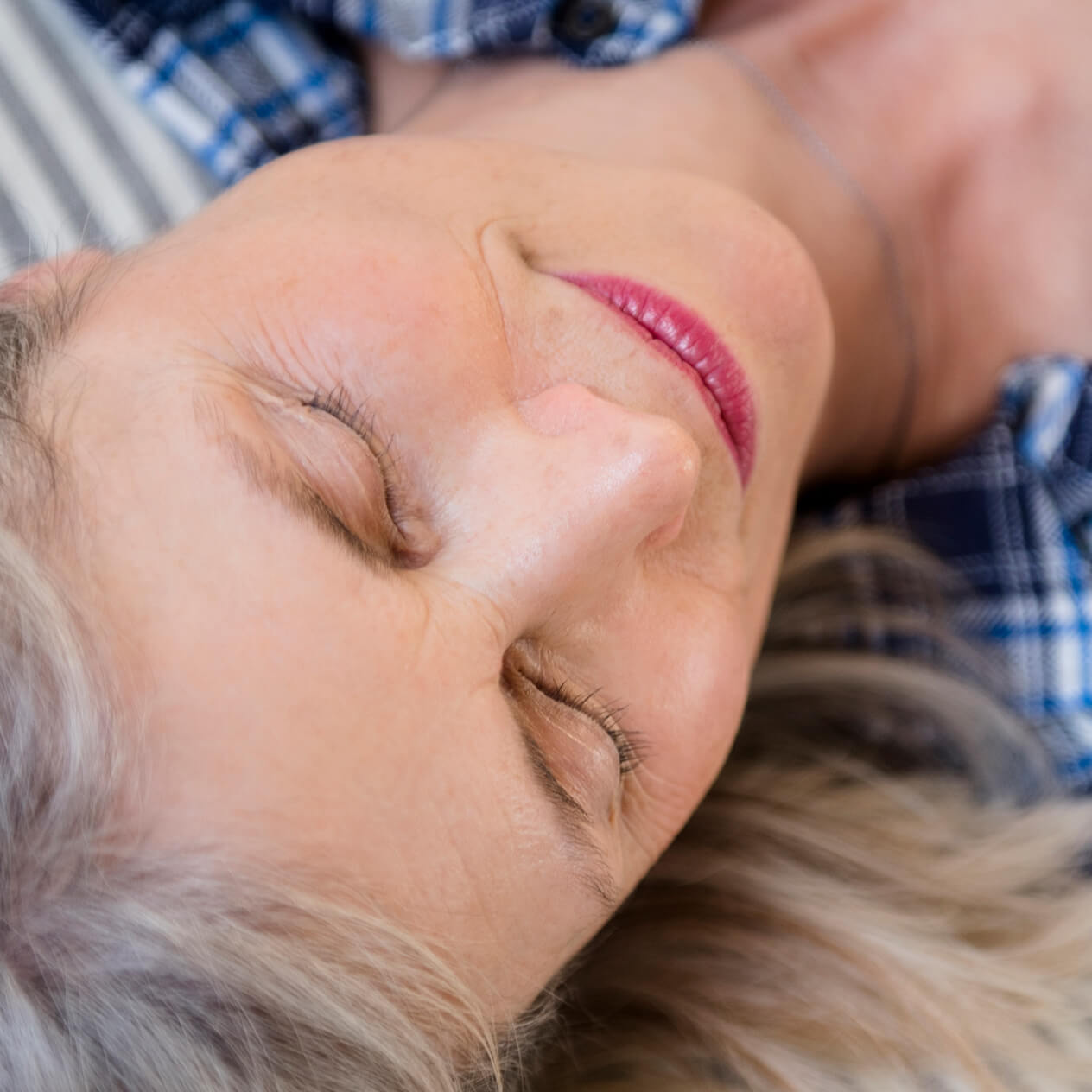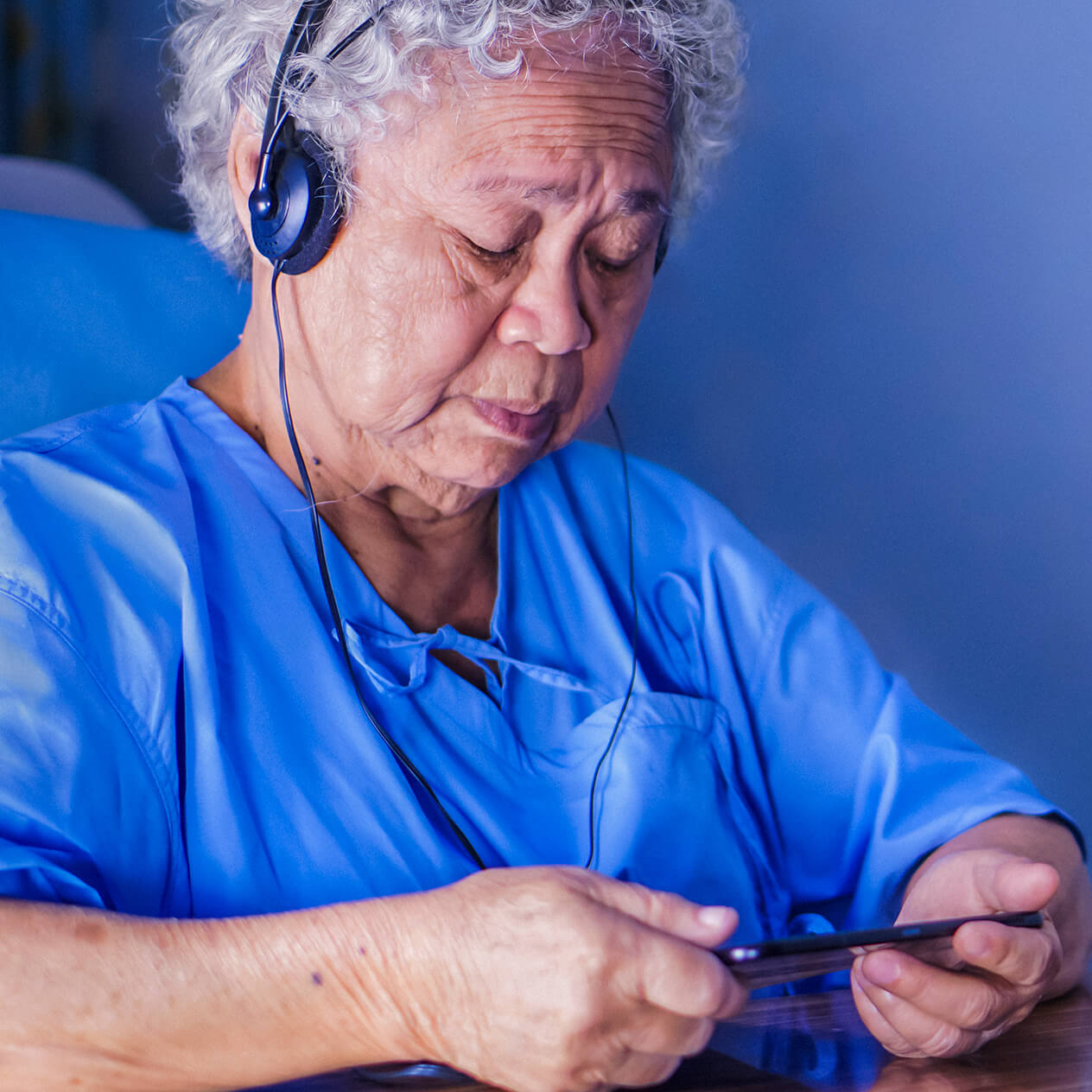Aromatherapy
Aromatherapy uses the sense of smell to promote physical and psychological well-being and to relieve symptoms such as pain, nausea and anxiety.
Aromatherapy uses fragrant plant oils, also known as essential oils. Many of these oils have been used throughout history.
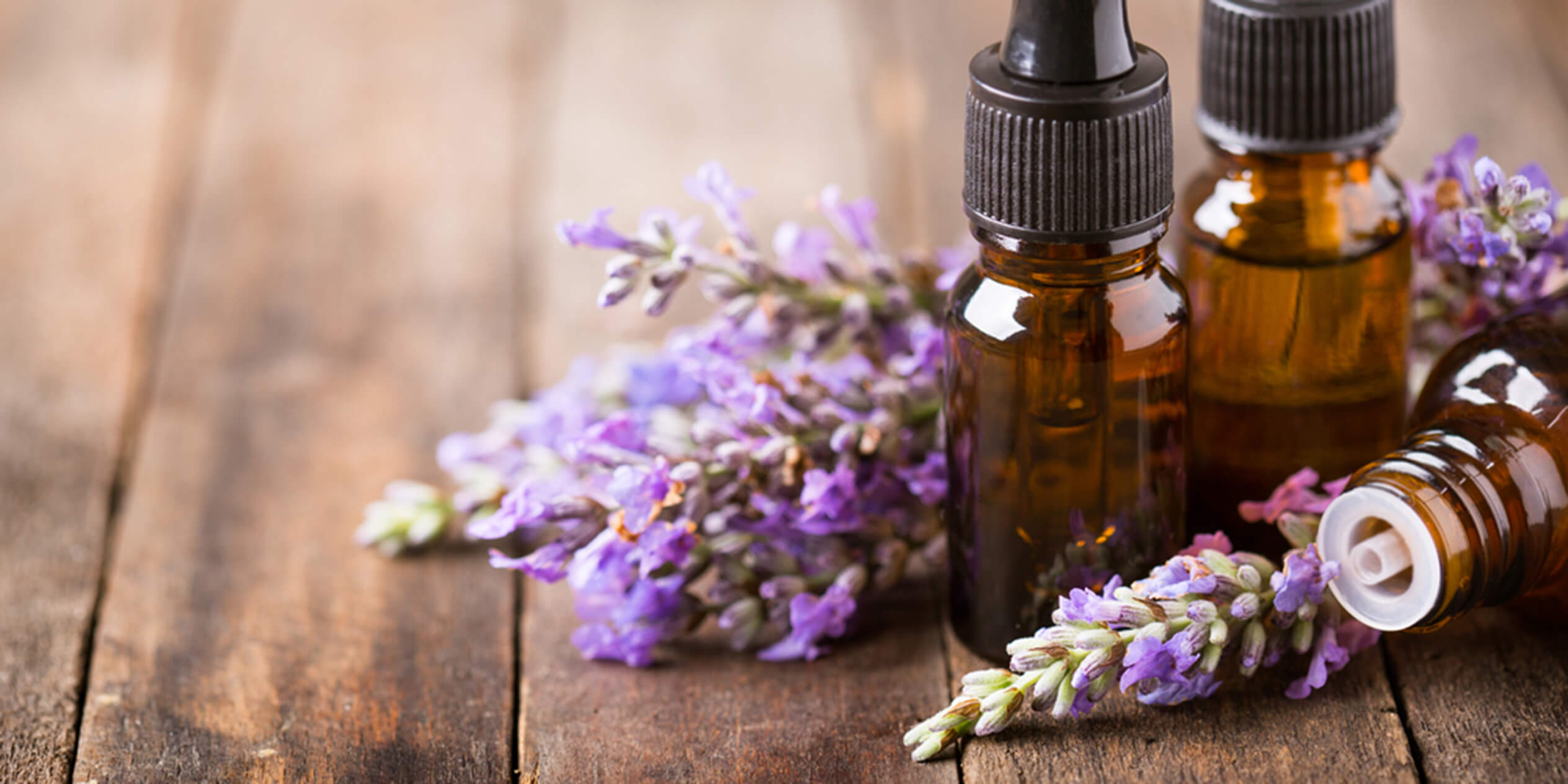
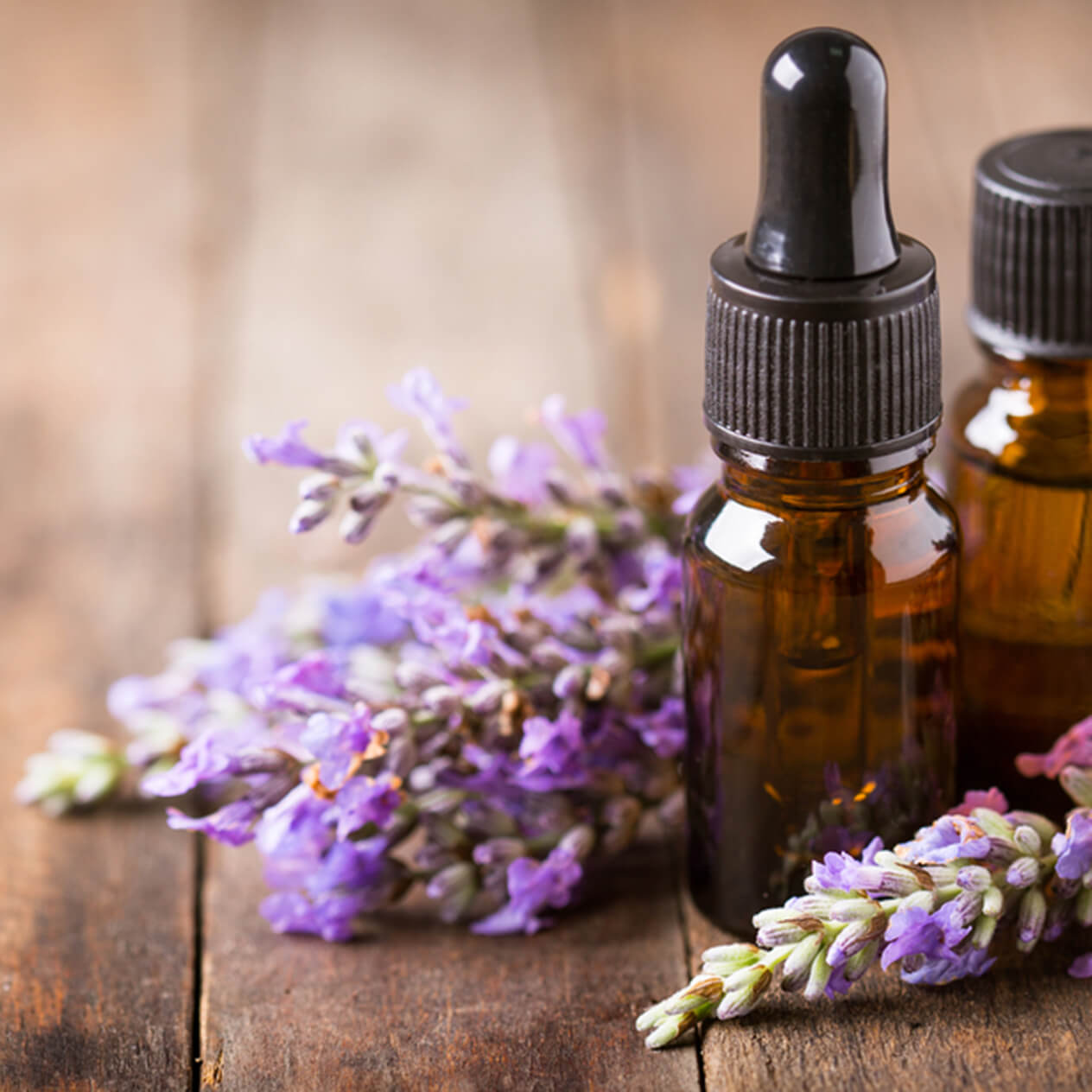
Is it safe for me?
If you are pregnant or nursing or you have skin allergies, ask your physician whether you should use aromatherapy. If you have a respiratory condition like asthma or COPD, do not use aromatherapy.
Plan for it
You can purchase essential oils for use at home at health and wellness stores. They are also available online.
You won’t be able to use your own essential oils while you are in the hospital, but they should be available in the hospital unit after your surgery.
Lavender, eucalyptus, peppermint, and rosemary essential oils help reduce pain.
Practice doing it
Essential oils may be inhaled or applied to the skin.
Inhalation: Apply 2-3 drops of the essential oil to a cotton ball. Inhale gently. A little goes a long way. Store the cotton ball in a plastic Ziploc bag. Reuse every 30 minutes as needed.
Applying to the Skin: Dilute essential oils with almond or jojoba oil before applying over painful areas. A good rule of thumb is to use one drop of essential oil per teaspoon of carrier oil. Do not apply essential oils to your eyes or within 4 inches of a surgical incision.
Watch
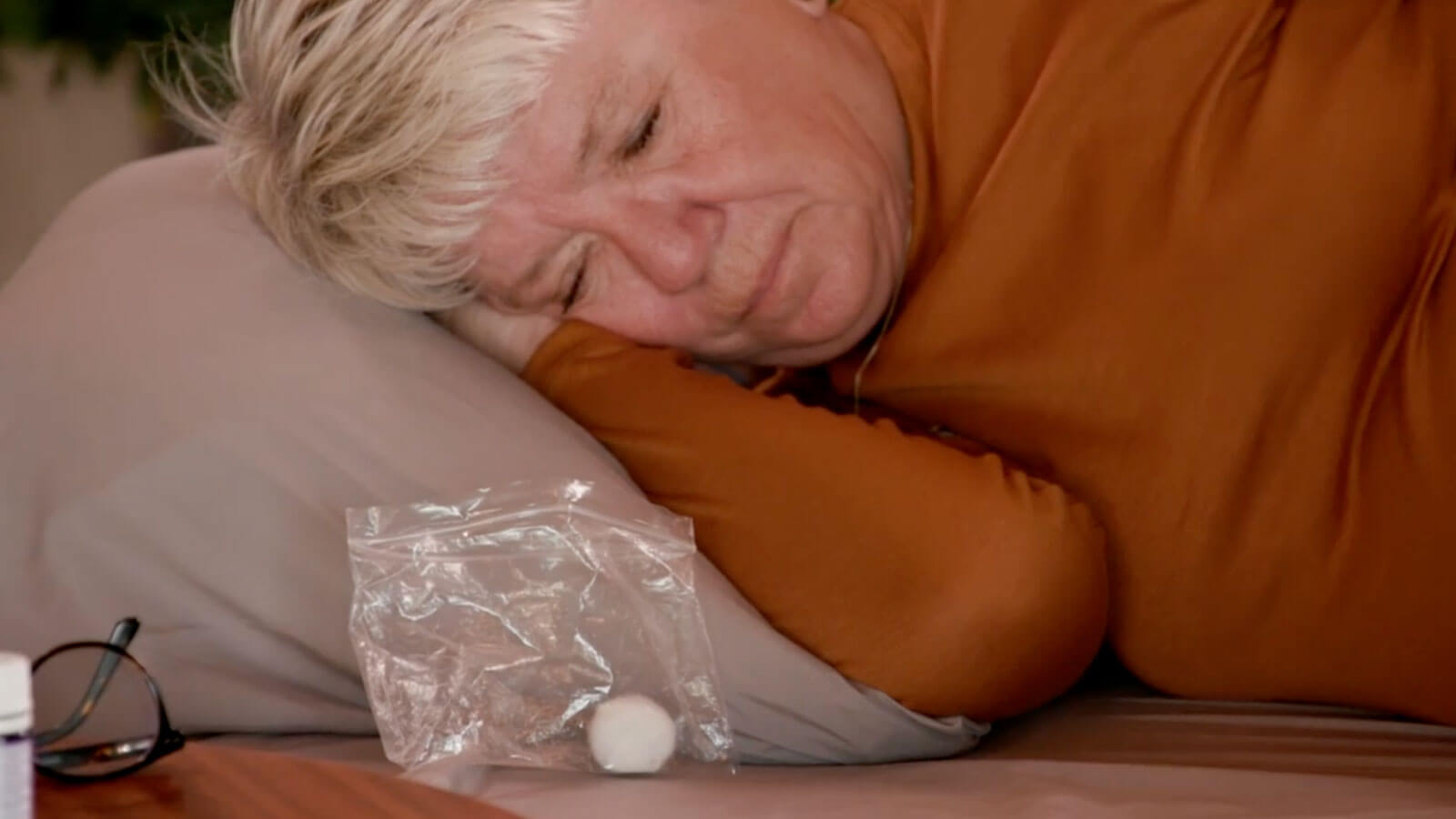 2:36
2:36
Aromatherapy for Pain
Aromatherapy involves breathing in the scent of natural oils made from plants to feel calmer. Learn how aromatherapy can help with pain management.
Need help or have questions?
If you have questions about this resource or any medical condition, always talk to your healthcare professional.

